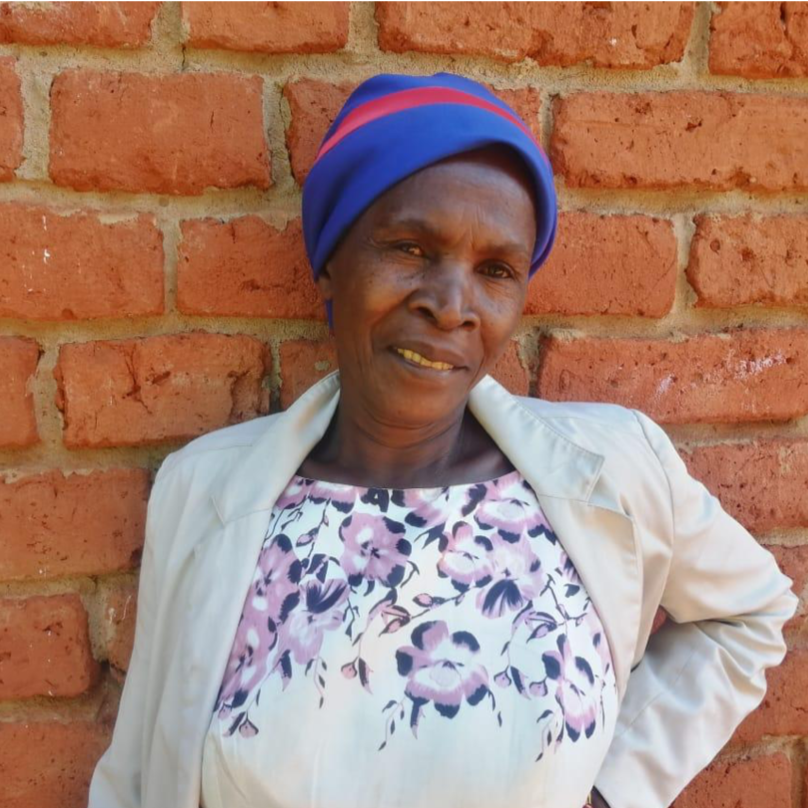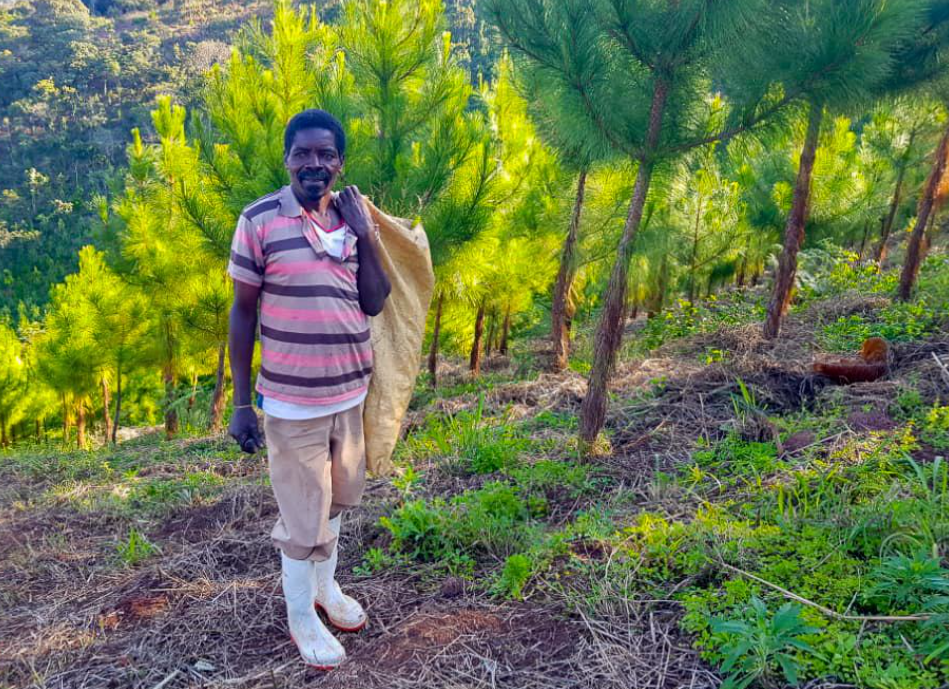ecolibrium’s Trees+ programme supports Temwa’s tree planting projects in Malawi with the aim of combatting the effects of deforestation and climate change whilst providing benefits to local communities in education, health, agriculture and forestry, and microfinance. They have a community-led approach to development, making sure that everything they do is developed in partnership with the people they support in Malawi.
This summer, June 2022, Temwa are pleased to report that they have successfully planted 90,726 trees since this scheme was first launched in early 2020. ecolibrium is proud to have helped our members support Temwa to plant 21,000 of these trees since 2020 through our trees+ programme which contributes to their specific carbon-balancing programme which works within community structures to support tree planting; sustainable agriculture and agroforestry; and support for local governance. By working with and improving household livelihoods they work to ensure that trees stay in the ground and protect a flourishing, green landscape.
Temwa Carbon Balance now supports tree planting in about 100 locations identified by communities. Most of the trees planted so far have been fast-growing and agroforestry species, due to the high local demand for these. In 2022, the communities chose to diversify the trees planted to include fruit trees (bananas, mangos, oranges and tangerines).
The response from communities to this project has been overwhelmingly positive. With 39,651 new trees planted out in the last 6 month, mainly in degraded or bare land, they continue to exceed their targets: with the potential carbon benefits of the trees planted are over three times higher than the total amount of CO2 emissions that Temwa has committed to balancing since the scheme was launched.
Overall, Temwa are witnessing lower deforestation rates in areas where their tree planting is implemented. This is thanks to local bylaw enforcement and alternative livelihoods, such as beekeeping and wild mushroom harvesting, which are making people realise the value of protecting woodland.
Community stories:

“Now that I have mastered the process, I can manage a tree nursery, plant and manage trees without a problem”
Muwowa is one of five Chiefs in Nkhata Bay North, and is very influential and respected in her community. Muwowa’s community has historically abandoned farmland when it became degraded, and would create more farmland by cutting down trees. Despite growing cassava on a large scale, Muwowa did not have the income or knowledge to raise and nurture trees to full growth on her abandoned land. Other organisations had provided saplings to plant, but no training in tree-care meant only a few survived. Muwowa contacted Temwa by attending a Village Development Committee meeting at a neighbouring village. She feels Temwa is different to other organisations, thanks to its focus on community involvement and the exchange of knowledge. Temwa provided Muwowa with seeds, so she could establish a tree nursery and took her through “a learning process of raising trees from nursery to outplanting and managing the forest thereafter.”
Thanks to Temwa Carbon Balance, Muwowa has so far planted about 4,000 trees on degraded farms, and she feels the community now has the capacity to continue the project on their own. Muwowa’s community now values trees, and as their chief, she hopes to see all members of her community planting trees soon.

Chazeka, 58, is a village headman and sustenance farmer in Mzgola village. He struggled to grow food, after 87% of the land in his village was suddenly cleared of trees for the production of charcoal. “It wasn’t raining as much as it used to when I was young. We started experiencing problems growing crops with the little rain that resulted from the deforestation.” To address the problem,
Chazeka reached out to Temwa. They supported Chazeka with seeds and taught him how to care for the trees. Many of the trees he had planted before did not survive but since he received Temwa’s training, 99% of the trees he planted in 2022 have survived. So far he has planted 10,000 pine trees on his land. Chazeka is noticing many benefits from reforesting the area: the trees not only sequester carbon, but he has started planting fruit trees and collecting nutritious wild mushrooms from timber forests, which improves his family’s diet, and allows him to make extra income. Chazeka is now leading by example and other community members are starting to establish their own wood lots and regenerate their forests.
Find out more about Trees+ and our other climate solutions programme partners.
